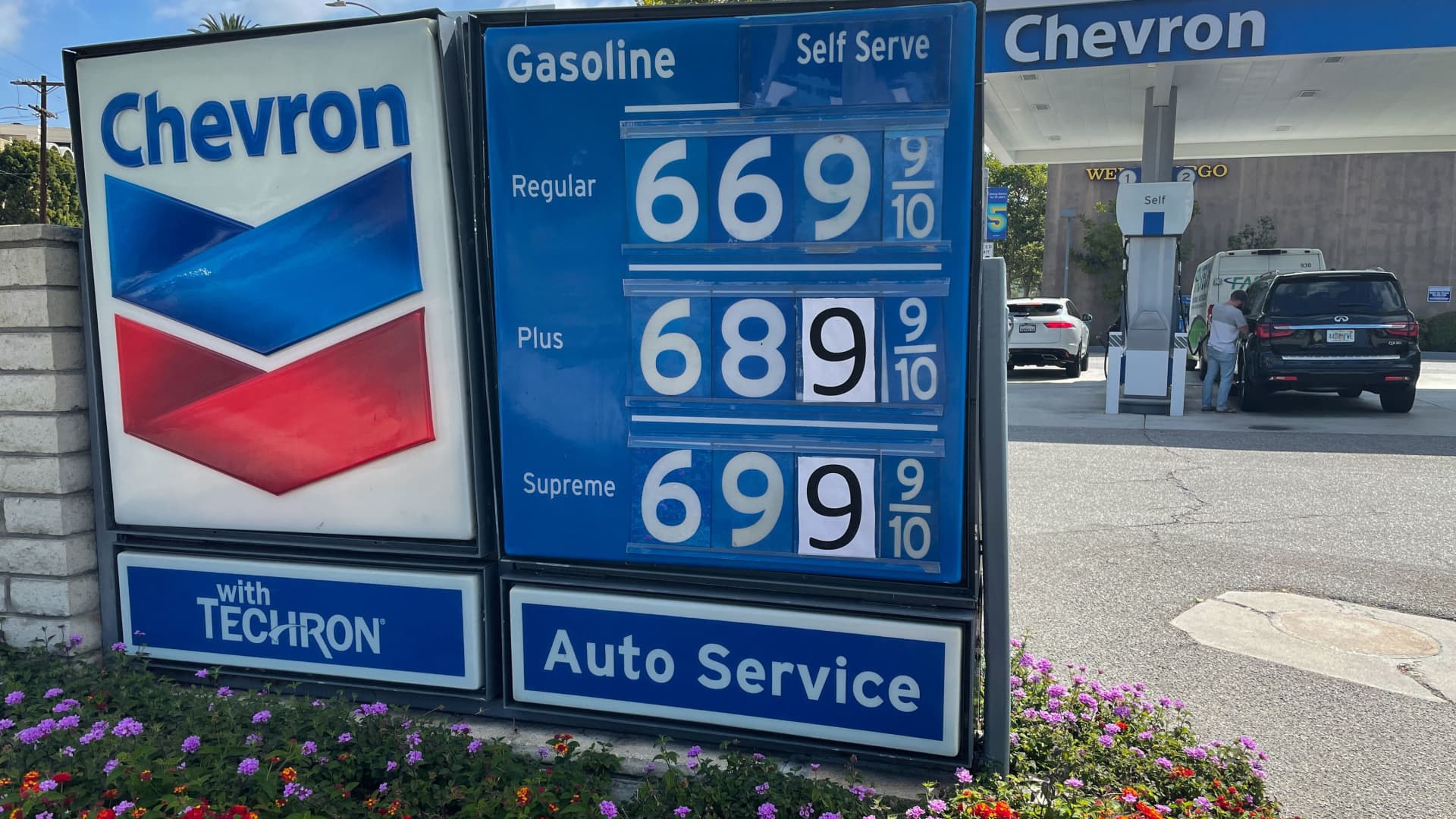Energy
Monday, February 12th, 2024 5:33 pm EDT
Key Points
- Aramco suspended capacity expansion due to the green transition: Energy Minister Abdulaziz bin Salman emphasized the shift towards renewables, stating that transitioning from an oil company to an energy company prompted the investment postponement.
- Saudi energy ministry directive halted Aramco’s production capacity increase: The ministry instructed Aramco to stop plans to raise crude production capacity from 12 to 13 million barrels per day by 2027, sparking speculation about Saudi concerns over future oil demand amidst the energy transition.
- Energy security shifts towards renewables: Abdulaziz bin Salman highlighted the changing landscape of energy security, emphasizing that the future challenge lies with renewables rather than oil, noting a substantial spare capacity available in case of emergencies. Saudi Arabia aims for decarbonization by 2060, with Aramco targeting net-zero emissions by 2050, aligning with the broader Vision 2030 plan to diversify the kingdom’s economy away from fossil fuels.
Saudi Arabia’s state-controlled oil giant, Aramco, has halted its capacity expansion plans in response to the ongoing green transition, announced Energy Minister Abdulaziz bin Salman on Monday. Speaking at the International Petroleum Technology Conference in Dhahran, the minister emphasized the shift towards renewables, indicating that Aramco’s transformation from an oil company to an energy company has prompted the suspension of investment in capacity expansion. This decision comes after the Saudi energy ministry’s surprise directive on January 30, instructing Aramco to halt its plans to increase crude production capacity from 12 to 13 million barrels per day by 2027. While the reason behind the directive was initially undisclosed, it was later clarified by the energy minister, who stated that the decision was the result of continuous review of market conditions. Amidst waves of volatility in oil prices induced by the Covid-19 pandemic and global efforts to decarbonize, energy companies are increasingly diverting their investments towards greener alternatives. Abdulaziz bin Salman underscored the changing landscape of energy security, highlighting that future challenges will be centered around renewables rather than oil. This shift in focus is echoed by Saudi Arabia’s commitment to decarbonization, with Aramco aiming for operational net-zero emissions by 2050, aligning with the kingdom’s broader Vision 2030 plan to diversify its economy away from fossil fuels. Despite these efforts, spare capacity remains a crucial diplomatic tool, historically utilized by Saudi Arabia and its OPEC allies to influence global oil markets. While Middle East countries navigate their transition towards renewables, the tension between traditional fossil fuel production and climate-conscious policies underscores the complexities of the energy transition.
For the full original article on CNBC, please click here: https://www.cnbc.com/2024/02/12/saudi-energy-minister-pins-aramcos-oil-capacity-halt-on-green-transition.html




